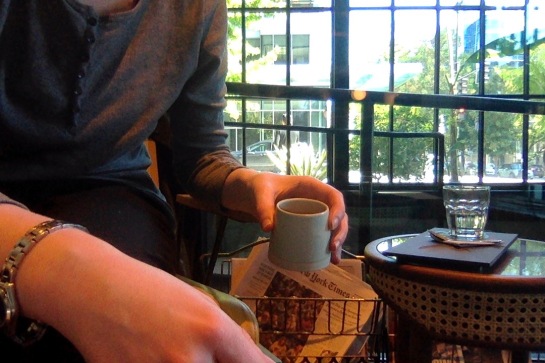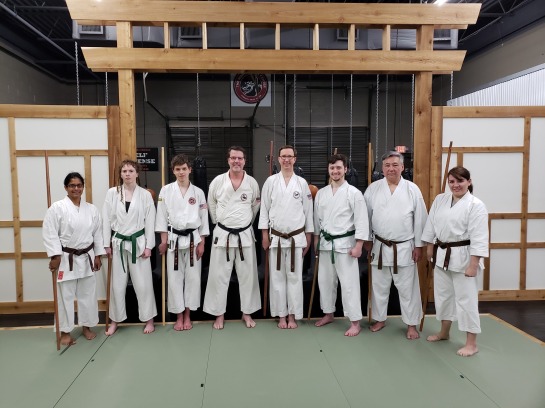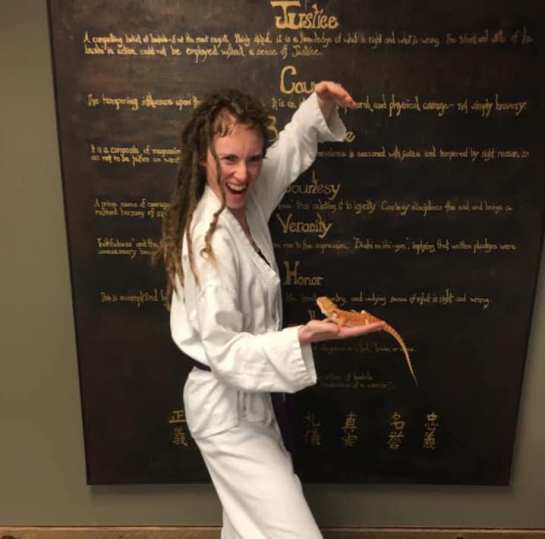It’s been a while. Not that I’ve had nothing I wished to say – it’s that I haven’t found the framing, motif or theme to pack the words into. It’ll come.
In the meantime, here are some snapshots of what I’ve been up to in the last 12 months. Uniting theme? Hustle.
(Northeastern) Big City Nights
I don’t need much of an excuse to visit DC. In November 2018 the American Medical Writers Association hosted their annual conference there. I’d yet to visit the National Museum of African American History & Culture, and I had a couple of hundred dollars in my bank account. How many more signs did I need?

DC. Washington DC.
I like the grand expanse of the US Capital. It’s a bitch to walk round on a sunny day – sunlight beamed back off marble – but there’s space to pause and enjoy the surroundings, which you can’t do in NYC. Every time I visit I’ll peek into the Library of Congress, I love it as a monument to intellectual power.
This time around I lucked out and found a pretentious coffeeshop near my hostel. They served me a double espresso in a volcano-shaped mug, on a slate tile. Although not pictured above, there were extensive quantities of cacti. The espresso was perfect.
This could be the section of my post where I brag about the AMWA conference: how insightful it was, how many late night revelries I crammed in, the glamour of big meetings in endless hotels. Instead I departed DC with the realisation I wasn’t quite a medical writer. I was hitting ~50% success rate interacting with people at the conference: half the people I had decent chats with and enjoyed their company, the rest I had kinda stilted exchanges with and felt I wasn’t connecting. The workshops and talks were all useful, but there were 3 blocks of attendees (writing academic papers, regulatory writing and continuing medical education) and by then I was self-identifying as ‘healthcare marketing’.

The AMWA Southeast chapter.
A disappointing conference isn’t the worst thing life can hit me with. It helped me refine my professional identity: I’m not a medical writer, I’m a healthcare copywriter (that’s totally a thing). There were plenty of good experiences on the trip: I was able to walk into the NMAAHC without a minute of queuing, I spent time with my local AMWA chapter (“local” in this case encompassing Atlanta, Knoxville and chunks of Florida).
ChemBros
People don’t come to Atlanta for chemistry. I was surprised to learn that my adoptive city specialises in global health. Atlanta hasn’t been branded with the same strength Boston has as a biotech hub, for example. Global health equates to public health, medicine, epidemiology and the likes…but not chemistry.
So you can imagine my delight when two chemists did visit for the weekend.

Fernando and Peter – selfie afficiandos.
The Future Leaders in Chemistry program sustained me throughout my PhD. It was only two weeks during the summer between my 1st and 2nd year, but when I hit the mid- and late-stage troughs of grad school I remembered that someone had accepted me onto this prestigious program (and no one had questioned my inclusion once I was there). It’s been 5 years now, and I’m not sure I’ve become a ‘Leader in Chemistry.’ But maybe that doesn’t matter.
Anyway, my two FLIC buddies had lunch at Ponce City Market. It’s one of those hipster utopias: ‘industrial’ interiors, expensive shops and artisanal food. I paid $8 for a sandwich smaller than my fist…but was one of the best things I’ve ever put in my mouth, albeit for all of 5 seconds.
While you were partying, I studied THE STICK
…Well, you probably weren’t partying first thing on a Saturday morning. Nobody does that. As a time for karate & jiu-jitsu classes goes however, it’s pretty effective: with evening classes you have a whole day to accumulate excuses and flakiness. First thing in the morning you’re always fresh. There have been a few occasions when I woke up to the 6.30am alarm I’d earnestly set for myself Friday night…rolled over and went back to sleep. I’m human. Still, I’m more likely to be in attendance than not. It’s an intermediate-plus class, so we go through tricky things like weapons.
With martial arts, it often feels like moving up the ranks just means opening extra avenues of critique. You don’t stop doing technique wrong, instead you access more sophisticated layers of wrongness. It can be frustrating, especially when it seems you’ll never get it right.
However, jiu-jitsu shows proof of my progression. When I first hit blue belt I was thwarted by hip throws. These are (basically) when an opponent’s behind you, and you bump them up and over your back. Despite drinking many protein shakes, I don’t have the upper body strength to brute-force the throw, I have to apply good technique. And I since I’m a tall woman my practice partners are either women roughly my weight but shorter (which makes body alignment hard because I’ve got to crouch down), or men who are taller than me…but 100 lbs heavier. You can’t hide bad technique: you’ll either do the hip throw or fail. My tolerance for practising the throw was limited – I’d get too frustrated after a series of misses to continue.
Then one class…I performed the throw. THWACK! went my partner. And I realised I was hitting correct the technique more often than I was missing. I still mess up my hip throws, and I’ve now graduated on to its more finicky variants, but it’s proof that eventually things click. There aren’t any showy flashes of insight here, just getting things right. It’s not that I enjoy failing, but I can tolerate it. And to improve at martial arts (and life, I guess) you need to tolerate exposure to your failures.

Party in the dojo – Saturday 9am | Photo courtesy of The Martial Arts Center Atlanta
Lastly, here’s a picture of me and a lizard.
 I realise this photograph raises more questions than it answers. But as we say in Okinawan Shuri-Ryu: ‘Karate is my secret.‘
I realise this photograph raises more questions than it answers. But as we say in Okinawan Shuri-Ryu: ‘Karate is my secret.‘



